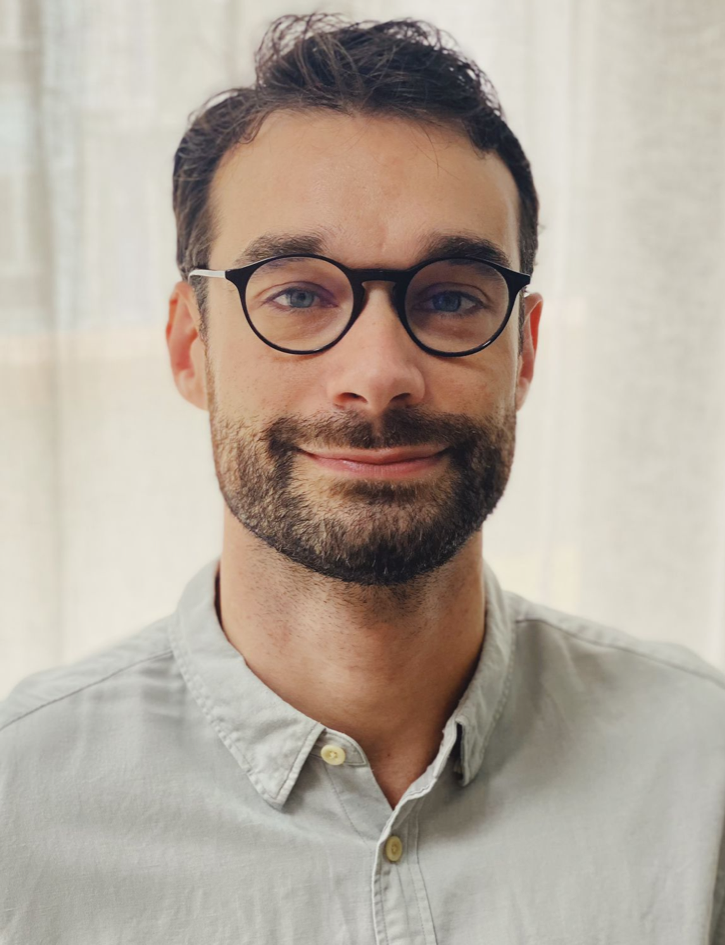Federico Gaiti – 2023 Feature Grant Recipient
Generously funded by DUNN with Cancer
 Federico Gaiti – University of Toronto, ON
Federico Gaiti – University of Toronto, ON
Project Title: “Epigenetic evolution of Glioblastoma cellular states”
Description of Project:
Tumors are constantly evolving into more aggressive and resistant forms. Glioblastoma (GBM) is a type of brain tumour that exemplifies the conundrum of cancer evolution. Despite standard-of-care treatment, these tumours inevitably recur, with a one-year survival rate, implying an urgent need for novel treatments. Our preliminary findings indicate that GBM tumours have extensive intra-tumoral diversity, harbouring multiple distinct malignant cells, posing a significant unmet therapeutic challenge. Identifying the key molecular factors that underpin this cellular diversity and promote malignant transformation is thus a critical goal with broad oncological implications and represents a critical interception opportunity. However, we still do not know what the main molecular factors are that lead to GBM malignant transformation. We will apply multi-layered innovative (epi)genomics methods to unique pairs of patient samples collected at diagnosis and recurrence after chemotherapy and radiotherapy. These data will identify epigenetic determinants of GBM evolution, therapeutic resistance, and aggressive malignant transformation. This knowledge will help develop safer and more effective treatments for these deadly tumours. We expect that this study’s novel approaches will be broadly applicable to other types of brain tumors, providing novel conceptual frameworks to tackle the brain tumour evolution’s central challenge.
What receiving this award means:
“Thanks to the generous funding provided by the Brain Tumour Foundation of Canada and DUNN with Cancer, we are now poised to advance our research and delve deeper into elucidating key epigenetic factors that drive the progression of GBM and its resistance to therapies. Our team expresses heartfelt gratitude to the Brain Tumour Foundation of Canada and DUNN with Cancer whose support makes this research possible.”